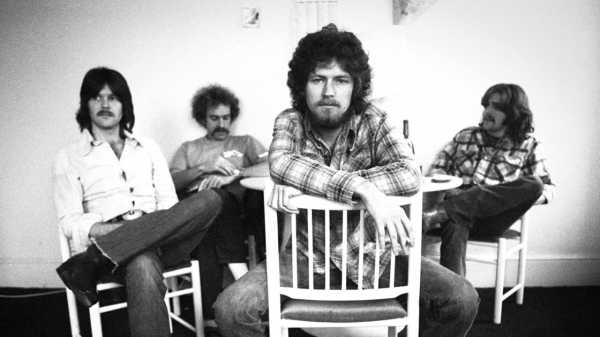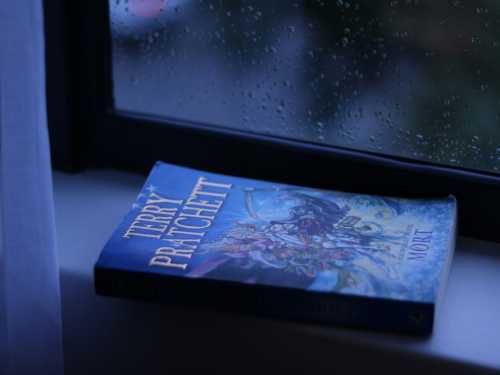
Earlier this week, the Recording Industry Association of America—the trade organization that periodically bestows sales certifications—updated its calculations, which resulted in a reshuffling of the top-selling album of all time: Michael Jackson’s “Thriller” was unseated, once again, by “The Eagles: Their Greatest Hits 1971-1975.” In 2009, the two records were tied, each having sold around twenty-nine million copies; in 2015, six years after Jackson’s death, “Thriller” was again on top, having sold thirty million copies. Now the R.I.A.A. asserts that “Their Greatest Hits” has shipped a truly inconceivable thirty-eight million units, versus a mere thirty-three million for “Thriller.” Don Henley, the Eagles’ front man, assessed the band’s victory with profundity: “It’s been quite a ride,” he said in a statement.
In 2018, sales numbers of any sort can seem like a quaint metric for success—the methodology for gathering and collating those numbers hasn’t caught up, in any satisfying way, to cultural shifts in how people actually consume music. It wasn’t until 2016 that the R.I.A.A. even agreed to tally on-demand audio and video streaming. (Now fifteen hundred streams count as one sale.) Yet, even long before streaming complicated the mathematics, accurately determining a record’s sales was something of a fool’s errand. Prior to the introduction, in 1991, of Nielsen SoundScan (itself a flawed point-of-sale electronic tracking system), the Billboard charts were determined by “store reporters,” or record-store clerks who would call the magazine and simply describe what was selling.
Meanwhile, actual cultural capital is becoming a more complex thing to determine and parse. Can individual decades be defined by whether “Thriller” (which provokes) or “Their Greatest Hits” (which placates) is more popular? It feels worth noting that the Eagles’ album “Hotel California,” from 1976, presently occupies the No. 3 spot on the R.I.A.A.’s list, itself having sold twenty-six million copies. Does this make the Eagles the default most important artists of the recorded-music era? When we imagine a Venn diagram of what humans can tolerate—the least offensive, and the most adequate musical output—do the Eagles alone occupy the middle bubble? (The crowning of the Eagles was jokily greeted, in some quarters, as further proof of the ascendance of “Trump’s America”—an affirmation of a white, conservative Zeitgeist.)
If you find these questions troubling, remember that gleefully eviscerating the Eagles has become its own national pastime, linked, perhaps, to a pivotal scene in the Coen brothers film “The Big Lebowski,” in which an exasperated Jeff Bridges announces, “I hate the fuckin’ Eagles, man!” (The Dude is obviously more of a Creedence guy.) Certainly, the band’s major-chord ubiquity has opened it up to endless ire. I will admit that the opening moments of “Take It Easy” fill me with a kind of deep, implacable dread. In fact, many of the band’s best-known songs—“Life in the Fast Lane,” “Desperado”—induce a certain swirling, beige inertia, similar to when a pilot announces that your aircraft is now seventy-seventh in line to take off from J.F.K.
You might be thinking: But who even cares what is selling? The monoculture is dead! This is the age of personal autonomy! Commercial popularity is surely no longer a useful barometer of the national condition! But it’s also an era in which “influence”—as determined by the number of followers a person can amass on any given social-media platform—can be quantified with horrifying precision. This leads, on occasion, to a very modern sort of numbers panic. Earlier this month, the rapper Nicki Minaj released her fourth album, “Queen.” When it débuted at No. 2 on the Billboard chart, behind Travis Scott’s “Astroworld”—“Queen” sold a hundred and eighty-five thousand copies in its first week—she logged on to Twitter and posted a series of heated grievances, opining on the system and how it can be gamed. Numbers matter less than ever—until they matter the most.
Sourse: newyorker.com






